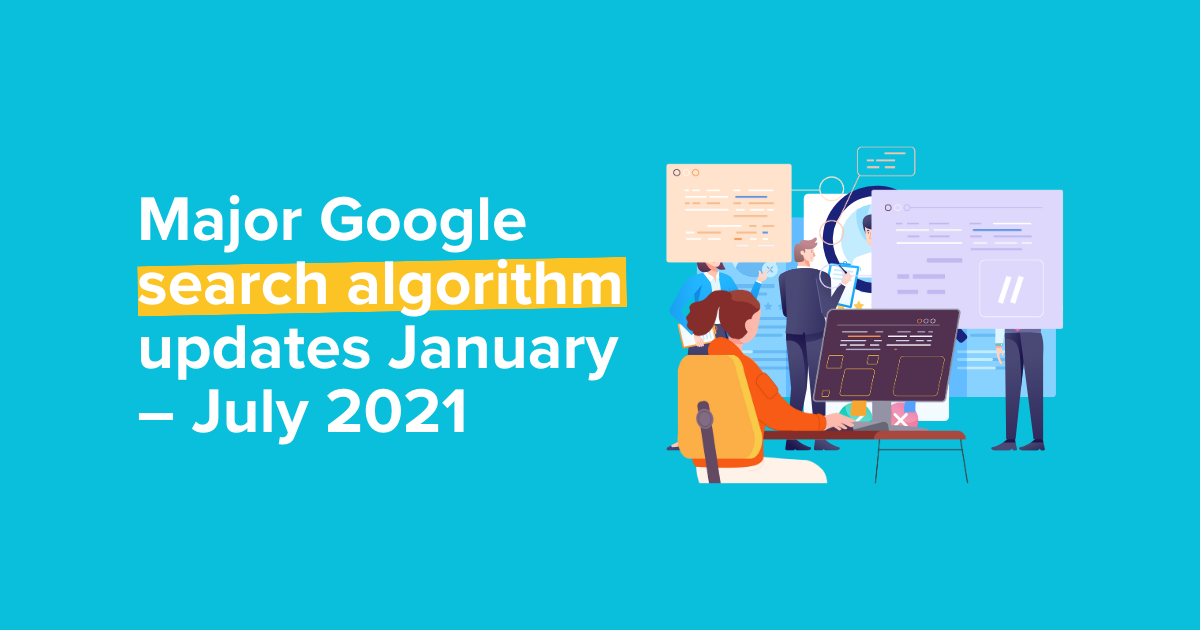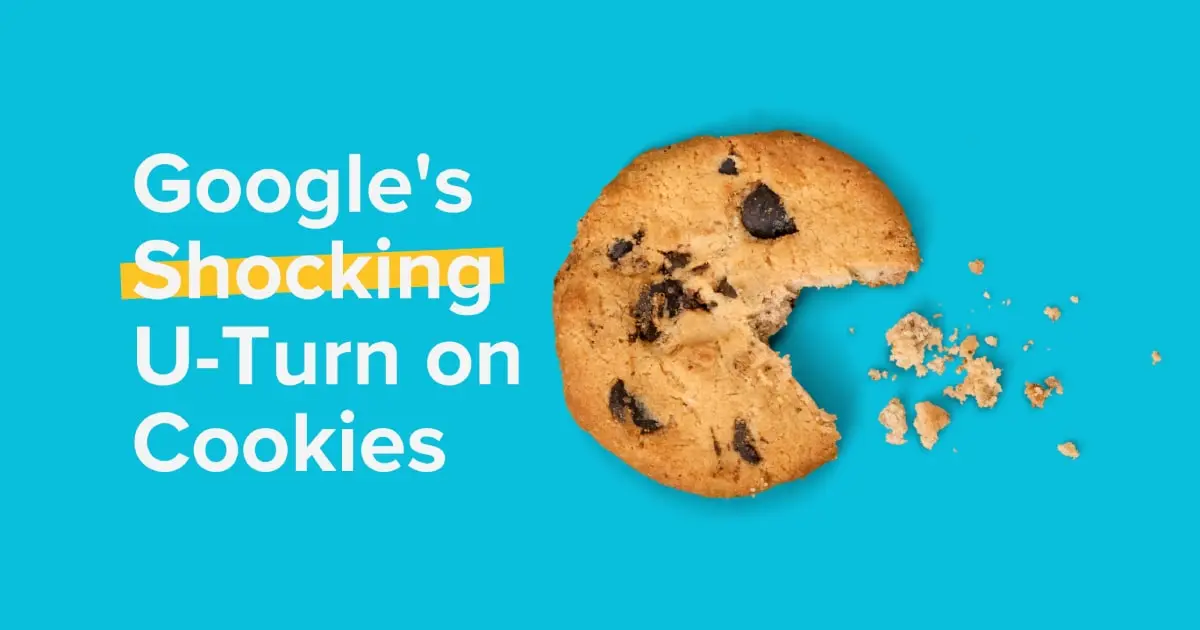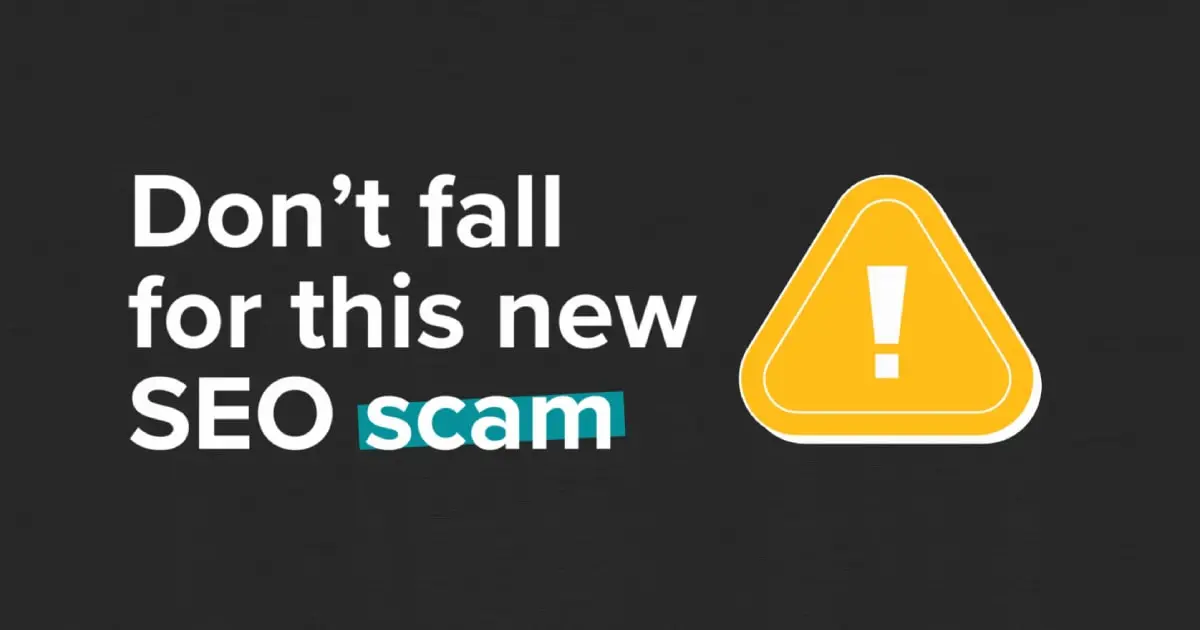


Mel Gibbons
27 September, 2021

Once upon a time, Google made only a handful of updates to its search algorithms. Now, it literally makes thousands of changes per year. A number of these are so minor that they generally go unnoticed, however, some of them come out as significant algorithmic changes that have a substantial impact on SERPs, such as:
You can rely on a digital marketing agency in Adelaide to ensure that your website stays ahead of the changes and continues to achieve top ranking search results. SEO services are constantly tweaked according to the changes made by Google to improve your website’s visibility.
For you to stay abreast of key changes that Google has rolled out, we have put together the following comprehensive list of Google algorithm launches, updates and refreshes from January through to July 2021, starting with the most recent.
26 July 2021
Google began rolling out the ‘link spam update’ from July, making its algorithms more effective at identifying and nullifying link spam. This update specifically targets links from sponsored, guest and affiliate content. Site owners must pay attention to Google’s advice on handling links within content where an exchange of value is involved.
Let’s look at Google’s guidance for this algorithm update.
Google recommends the following for each link type:
Google also adds that it may issue manual actions when it finds sites that fail to appropriately qualify the above types of links.
12 July 2021
This core update by Google focuses on content. While pages that drop in ranking after a core update may not have anything wrong to fix, websites that do less well after a core update change should focus on ensuring they’re offering quality and relevant content as that’s what search algorithms seek to reward.
Take some time to evaluate the content on your site by asking:
Questions for subject experts
Presentation and production
Comparative questions
1 July 2021
On 1 July, Google released a broad core algorithm update as a continuation of the previous month’s core update. That is the remainder of the changes Google intended to complete in the June update.
The guidance on recovering from this update is the same as all other core updates in the past.
This update may be just what site owners needed to recover from an update that hit them months ago. It may even help site owners recover if the previous month’s update impacted them.
Recently, there have been many updates to Google Search that it may be difficult to diagnose which specific update a site was impacted by, or whether it was a combination of updates.
28 June 2021
Google announced the rollout of the second anti-spam update. Similar to the 23 June spam update, it will finish rolling out the same day.
Spam generated by hacked websites is one of the types of spam addressed in that announcement. Google indicated that it is not a problem that they can solve on their own and urged publishers to keep their site software up to date to prevent hacking events from occurring.
Google also provided a link to their webmaster guidelines which list the following types of spam that publishers should avoid:
Link schemes in particular are a prevalent form of manipulating Google’s search results. It’s big business to figure out how to trick websites into linking to other sites. It’s debatable whether Google’s AI can detect these link schemes, some of which were created by so-called white hats.
Link builders send outreach emails to universities and pretend to be alumni asking for a link to their latest venture.
This is another ‘white hat’ link building scheme intended to deceive universities and non-profit organisations by creating an informational site on a dot org domain to represent it as a non-commercial website providing information on a specific topic of interest.
Once the links have been obtained, the link builder adds a cross-domain rel canonical to the linked pages instructing Google to send all the link equity to the commercial site.
All the previous links directed to the bogus non-commercial website have now been redirected to commercial websites.
The link builders identify popular US government or non-profit PDF files or web pages moved to a new URL, and then create a bogus non-commercial website on a dot org domain and present it as the new home for the information that was previously hosted on the government or non-profit website.
They then contact all websites that have links to the old URL (which is now broken) and ask that the link be updated to the new home of the documents and information.
Once the sites link to the new URLs on their fake dot org site, they redirect all the links to the client site.
Some link builders do a niche edit in which they will add a link to a web page that already exists.
However, niche edits got a bad rap in 2019 because some links were associated with hacked sites.
Buzzfeed reported on a link scheme that used niche edit links, in which Russian hackers sold links from compromised sites. It was discovered that web pages being edited to add a link were hacked sites used to sell links.
Content spammers are using AI tools to rewrite popular content. There are numerous content and link schemes so it’s no wonder Google has turned to artificial intelligence to try to stay ahead of it.
Google did not explain why there were two spam updates and only stated that the two updates, which were released one week apart and lasted a single day, were related. They didn’t indicate if the updates were AI-related or involved a new technology.
28 June 2021
Google announced the rollout of the second anti-spam update. Similar to the 23 June spam update, it will finish rolling out the same day.
Spam generated by hacked websites is one of the types of spam addressed in that announcement. Google indicated that it is not a problem that they can solve on their own and urged publishers to keep their site software up to date to prevent hacking events from occurring.
Google also provided a link to their webmaster guidelines which list the following types of spam that publishers should avoid:
Link schemes in particular are a prevalent form of manipulating Google’s search results. It’s big business to figure out how to trick websites into linking to other sites. It’s debatable whether Google’s AI can detect these link schemes, some of which were created by so-called white hats.
23 June 2021
Google confirmed the rollout of a spam-related algorithm update on 23 June 23 but the exact details regarding this update were not provided. However, any website following Google’s webmaster guidelines did not need to worry about it.
Google’s definition of spam includes low quality websites tricking users into installing malware or providing personal information.
Phishing scams are also targeted among other bad actors who try to rank high in search results by impersonating highly relevant pages.
Even sites that adhere to Google’s guidelines can be vulnerable to hacked spam. If the site is not adequately secured, it may be serving spam to users without their knowledge.
If your site’s ranking suddenly drops due to this or future spam updates, you should examine its security and look for signs of a possible attack.
When a spam update hits a site, its content is demoted or removed from Google’s index.
Every day during 2020, Google’s automated systems prevented 25 billion spammy pages from being indexed in search results.
15 June 2021
Google announced the rollout of the long-awaited page experience update. According to Google, any unexpected drops or spikes would be mitigated by the gradual rollout process.
10 June 2021
Google outlined its efforts to improve the algorithm to penalise sites that “employ exploitative removal practices” and “predatory practices”. The post also directed people to a website where they could report online harassment.
2 June 2021
Google announced on Twitter that a major core algorithm update was on its way. Some planned improvements that were not ready for this update would be included in a second broad core algorithm update.
8 April 2021
Google created this new search ranking algorithm update to reward “in-depth research-based product reviews, over thin content that simply summarises several products”. In their announcement, they also shared nine useful questions to consider when creating and publishing product reviews.
10 February 2021
Google announced on Twitter that passage ranking is now available in the United States for English-language queries. It indicated this change didn’t mean that individual passages were being indexed independently of pages. Instead, they were now also considering passages from pages as an additional ranking factor.
These are just a mere handful of the thousands of updates that Google carries out to its algorithms each year. Staying on top of these updates is one thing, understanding them and taking the necessary actions is another, particularly when you have a business to run and a long list of other tasks each and every day. Online Path invests the time to understand algorithm updates, what they mean and any actions that need to be taken to keep our client’s website ranking highly in Google search results. Contact us today to find out how we can help you boost the performance of your business by pushing your website higher in search results.
Join hundreds of businesses boosting their knowledge with our monthly insights.
Contact us for an online marketing solution to build your brand and grow revenue.
Contact Us 1300 055 000
1300 055 000

